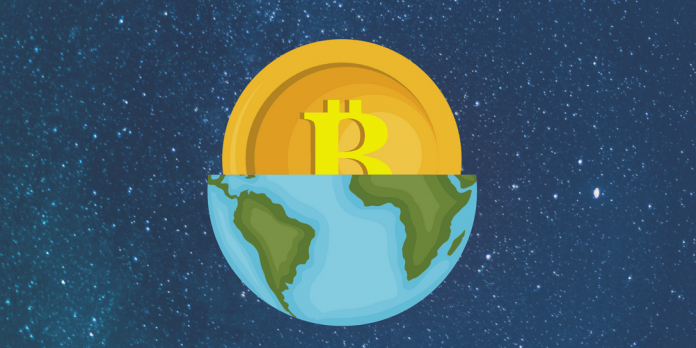According to research released in late 2015, U.K.-based Magister Advisors, a financial institution which focuses on facilitating mergers and acquisitions in the technology sector, explained that bitcoin could become the sixth largest reserve currency by 2030.
Bitcoin has experienced exponential growth since 2009 based on many indicators including user base, trading volume, price, market cap and global adoption. In the last year, some of the largest financial and technology conglomerates including JPMorgan, Goldman Sachs and Fidelity Investments have grown increasingly optimistic towards bitcoin.
Traditional market operators such as the Chicago Board Options Exchange (CBOE), the largest options exchange in the US, are in the process of integrating bitcoin to enhance liquidity for large-scale institutional and retail investors. Earlier this month, Ed Tilly, CBOE Holdings Chairman and CEO, stated:
“We very much look forward to responding to the growing interest in cryptocurrencies through the creation of bitcoin futures traded on a regulated derivatives exchange, with the many expected benefits that this brings, including transparency, price discovery, deep liquidity and centralized clearing.”
Over the past few years, an increasing number of investors and companies have adopted bitcoin as a digital currency and as a safe haven asset, rather than as a speculative investment and active user bases of platforms such as Coinbase and Blockchain have drastically increased.
For Bitcoin to surpass the market cap and consumer base of reserve currencies, it would need to evolve and ultimately solve its scaling issues. Currently, many holders are considering bitcoin as a long-term investment, rather than as a currency. To compete with reserve currencies, global mainstream adoption of bitcoin must increase at a rapid rate to the point that bitcoin is used more as a digital currency, rather than as a speculative investment tool.
Jeremy Millar, partner at Magister Advisors who led the research, told CNBC in an interview two years ago that bitcoin has already proven itself as an established currency. It even has triggered the massive adoption of blockchain technology amongst multi-billion dollar corporations in the finance and technology sector:
“We have now reached a fork in the road with bitcoin and blockchain. Bitcoin has proven itself as an established currency. Blockchain, more fundamentally, will become the default global standard distributed ledger for financial transactions,”
Since Millar and Magister Advisors released their research on bitcoin’s growth and potential to replace reserve currencies, bitcoin has surpassed a market cap of $70 billion and has recently outperformed all asset classes and currencies.
The adoption of bitcoin in Asia, particularly in South Korea, China and Japan is believed to be one of the driving factors in the upward momentum of bitcoin. In Japan for instance, the country’s largest technology conglomerates such as CME Group have already delved into the global bitcoin exchange market with the vision of providing improved and regulated trading platforms for bitcoin users. In the Philippines and South Korea, due to the legalization of bitcoin as a remittance method, a rapidly increasing number of users have started to use it as a means of payment. KakaoTalk, the most widely utilized messaging application in South Korea with over 90 percent market penetration, recently invested in a Philippine bitcoin-based remittance service provider to increase the adoption of bitcoin in both countries.
Bitcoin’s biggest hindrance for achieving mainstream adoption is still scalability. Once the Bitcoin Core development team’s scaling and transaction malleability solution Segregated Witness (SegWit) becomes integrated by major wallet platforms and the majority of transactions are facilitated as SegWit-enabled payments, bitcoin block size and transaction fees will likely decrease significantly, making the network more attractive to new users.














